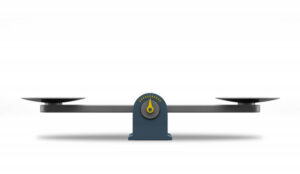Keeping Your Receipts: A Small Task With a Big Payoff
In the world of business, meticulous record-keeping is crucial. One of the most fundamental aspects of this practice are keeping track of all bills and receipts. While it might seem tedious, the benefits of maintaining these small pieces of paper or digital records are immense. Below are five of the top reasons to keep some kind of “back up” for your business transactions. 1.Proof Receipts serve as concrete evidence that a transaction has taken place. They provide details about the date, amount, and nature of the transaction, which are essential for accurate record-keeping. They assist you in verifying that a transaction is real or if your credit card has been compromised. 2.Tax Compliance Receipts are the key to claiming deductions and credits when tax time rolls around. They save you from stress and potential penalties, keeping you organized in case of an audit. 3.Financial Planning and Analysis Receipts provide valuable insights into your spending patterns and help in budgeting and financial planning. By analyzing your receipts, you can identify areas where you can cut costs or allocate more resources, helping you make informed business decisions and improving profitability. 4.Legal Protection In business, disputes can arise over payments and transactions. Receipts act as a safeguard in such situations, providing proof of payment and the terms of the transaction. It’s an added layer of protection on both sides of a transaction, preventing any future disagreements regarding transactional details. 5.Accurate Bookkeeping Accurate bookkeeping relies on complete and precise records of all financial transactions. Receipts are the foundation of this process. They ensure that every expense and income is recorded correctly, leading to reliable financial statements and solid strategic decision-making. In conclusion, keeping receipts is a small task with significant benefits. It ensures accurate bookkeeping, aids in tax compliance, provides legal protection, and supports financial planning. By maintaining a systematic approach to managing receipts, you can enhance the efficiency and reliability of your business’s financial records.











